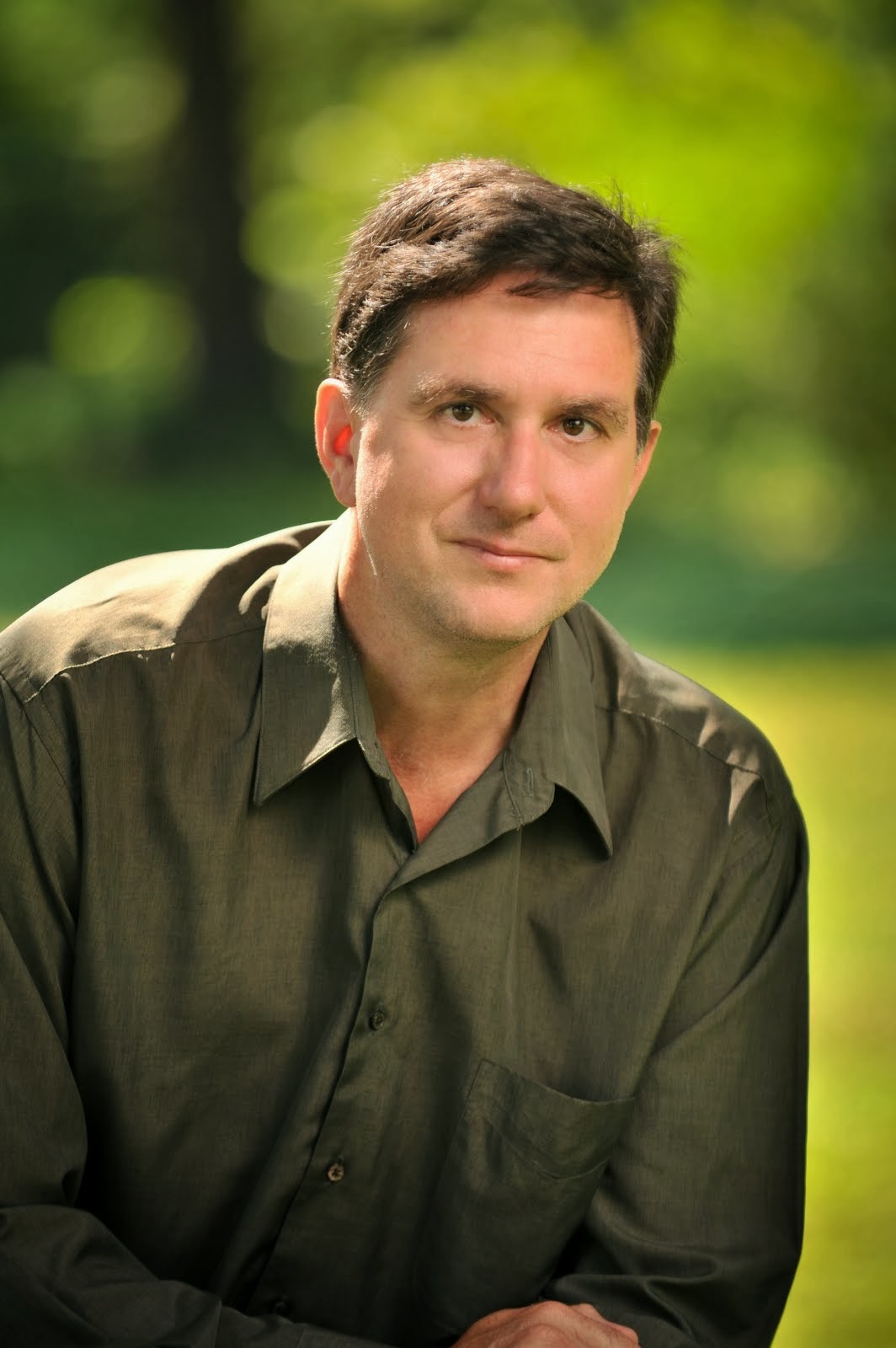
LADER BRINGS LANDSCAPES OF LONGING TO HICKORY
In a review of Bruce Lader’s new book of poems, Landscapes of Longing, I explained that “these poems are all about the daily struggle to attain or maintain perspective. One poem after another proposes answers to the question: what can we learn from each other, from our lives as human beings, from the inevitability of disappointment, despair, longing in all its innumerable varieties.”
Lader’s work acknowledges that the world is not an easy place to live in, at least not with dignity and integrity. Confronted on a daily basis with unfairness, disillusionment, confusion, and the apparent perpetuity of longing, how do we maintain any sense of equilibrium, focus, perspective, and ultimately, hope. And yet, Lader’s poems illustrate again and again that we do. Despite frustration, injustice, contradiction, and failure, we continue to struggle on, against all odds, and insistent upon what we know to be good and fair and right.
If this sounds to you like the existential image of Sisyphus pushing his rock up the hill only to have it roll back down every day, then it won’t come as a surprise that the middle section of Lader’s book is titled “Interviews Following the Sentence of Sisyphus.” Lader, however, doesn’t rely just upon esoteric mythological figures to relay his message about human existence. He presents these ideas in characters we all recognize, perhaps know personally, perhaps even have been at one time or another in our own lives.
The first and perhaps most memorable of the many voices Lader uses to explore this theme of existential persistence is that of a teacher at a school for troubled boys. In several of the book’s best poems, this speaker helps the reader see beyond the surface, to see the humanity behind the stereotype and statistic as these boys struggle not just for survival but for justice and opportunity as well. My favorite of these, “Attendance Check” is reprinted below.
On November 10, Lader will visit Hickory to read as part of the Poetry Hickory series along with fellow NC poet, Alex Grant. The reading will begin at 6:30 PM at Taste Full Beans Coffeehouse in downtown Hickory. For more information, contact Scott Owens at 828-234-4266 or asowens1@yahoo.com.
Lader has published poems in many journals and anthologies, including Poetry, the New York Quarterly, the Humanist, International Poetry Review, Harpur Palate, New Millennium Writings, Margie, Poet Lore, and Asheville Poetry Review. His first full-length collection, Discovering Mortality, was a finalist for the Brockman-Campbell Award. He is the founding director of Bridges Tutoring, an organization educating multicultural students. A New York City teacher for many years, he was a Writer-in-Residence at the Helene Wurlitzer Colony, and has received an honorarium from the College of Creative Studies at the University of California-Santa Barbara. His latest book, Landscapes of Longing, will be available for purchase at Poetry Hickory or can be ordered from Main Street Rag at http://www.mainstreetrag.com/store/NewReleases.php
Attendance Check
Swapping cigarettes, jabs, chips,
they drift like Rockaway waves
from the boys home into the classroom,
ninth graders no one would bet on,
discarded by split parents.
The deck of misfortune they inherited
keeps shoving them to grow up
the hard way, hustles them
to hazardous fringes,
rips off their blooming.
A hot tide of easy dope
has begun to nettle attitudes,
submerge questioning minds.
and yet their feisty, undefeated spirits
grapple with prison sentences
of poverty; shirtless torsos
flaunt scars, coded storylines
of tested identity,
graffiti pledges of belonging.
Their dicey hands are mauled,
notched, and zigzagged from brutal
battles to breach a barbed-wire fate.
Jumpy after all-night scuffles
with gangs prowling Times Square,
they dodge and gamble to exist,
smell like a crowded gym, fists ready
for fast money, to get over
on teachers, settle scores,
stay afloat in the system chiseling them.
First published in The Humanist



